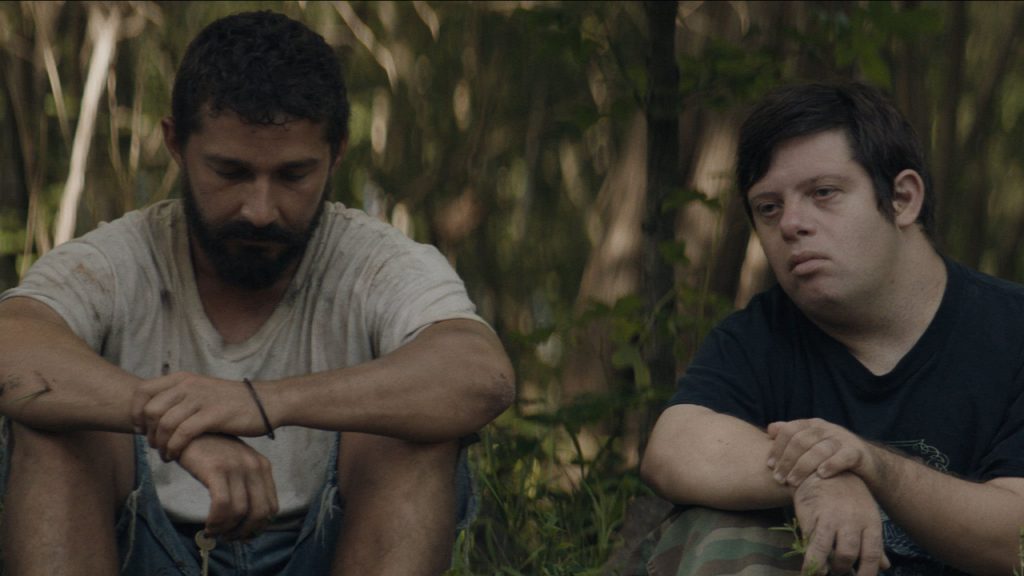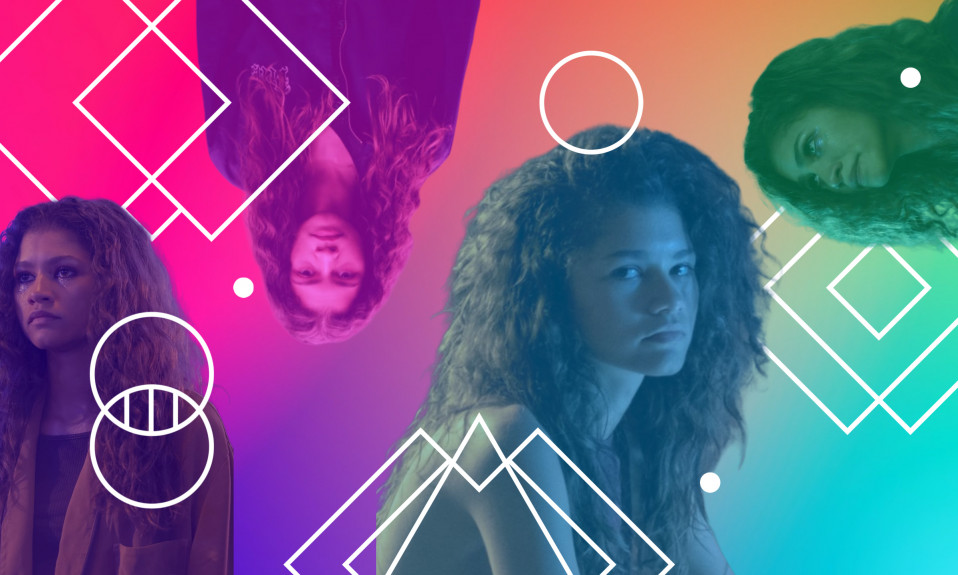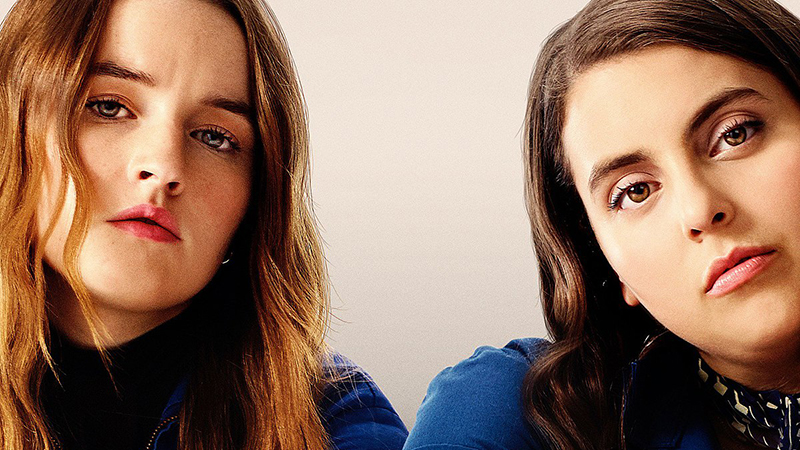While equal representation in movies and television series is not fully on point yet, we’re slowly getting there. Think about films and series in which non-white actors take the lead (Harriet, When They See Us) and the ones in which LGBTQ+ relationships are beautifully represented (Booksmart, Euphoria). However, when it comes to the representation of disability in film and television, the industry is certainly still behind. A few recent films and series come to mind such as The Peanut Butter Falcon and Special. However, that’s certainly not enough. According to disabilityscoop.com the percentage of movies about disability is still declining which is probably the same for television. Time to put an end to that.
Big population, a small representation
Better representation of disability on screen isn’t only incredibly important for diversity and originality but it also gives actors with disabilities more opportunities. Despite there being 13.9 million people in the UK with some type of disability (the current population is 66 million), eight in 10 disabled people say they do not feel well represented in the media so there’s clearly something wrong when it comes to disability representation.
It becomes even more clear when you put statistics next to it. In 2016, only 2.7 percent of characters in the 100 highest-earning movies had a disability. Last year only 2.1% of the characters in primetime TV series were disabled. It’s not only the numbers that need to change but also the way disability is being represented on screen. Disabled people in media always come with stereotypical roles such as being the object of pity, victims of violence or the evil person.

(source: IMDb)
A long fight that’s still not fought yet
The battle to see disability better represented on screen is being a hard one but luckily many art institutes don’t give up on it. One of the most important ones is the casting studio VisABLE, which helps to create professional opportunities for actors, presenters and models with disabilities for over more than 20 years. Their highly skilled professionals were already part of television series and films such as Doctors, Casualty and Holmes and Watson. Some of the films might even appear on the ‘Disabled Britain on Film‘, a part of the online BFI Player. Thanks to this initiative, you can watch many films for free that are about the on-screen representation of disabled people over the past decades.
Another big institute supporting the representation is the BBC. Last year, they pledged to include more actors and entertainers in their television programs such as shows, documentaries, and dramas. This might have been the outcome of the angriness they caused in 2018 when they cast Charlie Heaton (a non-disabled actor) in the role of Elephant Man. If the new pledge of BBC is coming off the ground, it would be a massive step in the right direction. Hopefully, many important broadcasters will pledge the same.
104 Films production company is an example of a film production company leading the way, as they’re hoping to create a shift in the representation of disability both on-screen and off. Many production companies should follow their example without a doubt.
Film festivals such as ‘Together! Disability Film Festival‘ in London the ‘Oska Bright film festival‘ in Brighton also don’t stay behind when it comes to wanting to represent more disability on screen. The films that are part of the festivals are made by deaf/disabled filmmakers and feature a strong central deaf/disabled character.
Casting the right people is key
Whether we want to admit or not, there’s whitewashing going on in film. Think about the backlash casting decision such as Kiernan Shipka in The Silence or Jared Leto in Dallas Buyers Club. The comments about that last example were about the fact Leto portrayed every stereotype of a transgender woman and that the portrayal was wrong on so many levels. So tell us, why do we still allow non-disabled people to portray disabled characters if that indeed also results in stereotypes on screen? That casting disabled people can turn a gorgeous film into an even more beautiful and important one became clear over the last few years. Think of the Oscar-winning short film The Silent Child. If a film like that, with a relatively small budget, can hire disabled people and making them feel at ease, then why can’t big blockbusters?
Old problem, new mindset
How can we start to solve this old problem? According to reelhoney.com, one of the measurements that a production company can take is to make auditions much more accessible and to meet the access requirements. It would literally make the threshold lower for disabled people to start in the film and television industry. A few years ago, actress Sarah Gordy (Call The Midwife), who has Down syndrome, mentioned that directors and producers didn’t think she would be able to play a part because of her learning disability. However, after giving her a chance, she was able to prove them wrong in the best way possible. Another measurement is probably the best and probably also the easiest one production companies, producers and directors can take: Just give people with disabilities a chance!




![Matthew McConaughey [Source: Vanity Fair]](https://bigpicturefilmclub.com/wp-content/uploads/2020/09/mcconaughey-Source-Vanity-Fair-958x575.jpg)







